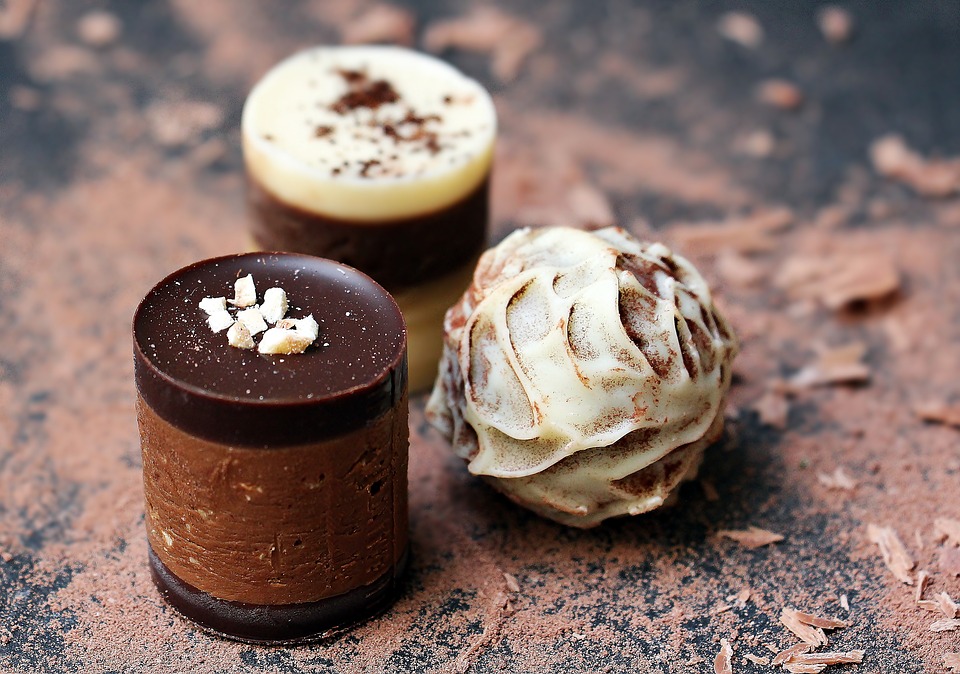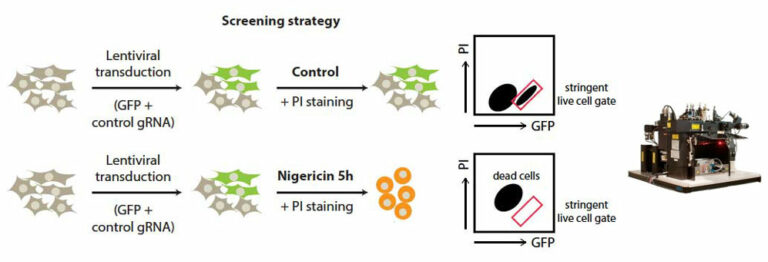How to keep your Flow Cytometry Core Facility Happy
Originally posted by Rachel Walker on BitesizeBio
The helpful people who work in your flow core are an amazing resource of information for your experiments and are the people with the power to get experiments done.
However, you need to be nice to these powerful people, so here are a few handy hints:
Its all down to the timing
When booking machines, especially a sort which requires core staff’s time, it is important that you book a realistic amount of time. If it’s the first time you are doing a protocol, work out the total amount of time it will take you to do the assay before booking and add a bit extra in case someone is using the centrifuge or used the last of your antibody. Don’t forget other people need to use the machines and it’s not fair to block time just “in case you are late”.
Etiquette of booking
Debretts Guide to Etiquette states that when arriving at a dinner party one should arrive, ‘A few minutes after the time stated on the invitation is polite; if you are going to be more than 15 minutes late phone ahead and warn your host’ and the same goes for your booking with your core facility. Keeping in regular contact with your core allows them to introduce flexibility to your sorts, to allow them to grab a coffee while they wait for you or to even swap things in the diary.
Are you in control?
Arguably the most important parts of any experiment are the controls. Even if you regularly do the same experiment, it’s vital to have controls, and make sure they are the appropriate controls for your experiment. Talk to your core about what controls you should use or look at websites such as Bitesize Bio. Its better to take that extra 5 minutes to set up controls than to have to redo a whole experiment when the paper reviewer asks to see your controls. Cytometrists use controls to set the machine up properly. They are not miracle workers; especially if you turn up with a 10-color experiment and no controls.
Label your tubes
Cytometrists tend to have a lot of tubes in front of their machine and as brainy as they are, they can’t always interpret your squiggles. So label the tubes (not the lids, they come off) with ethanol resistant pens (cytometrists like to spray alcohol at things) with useful information. Make sure you also label with the fluorochromes that are in the tube; cytometrists don’t always remember that you put CD4 on PE.
If your cells have GFP on them, but you are not interested in the GFP, you might neglect to tell your cytometrist. However it is vital that you tell them exactly what colors you are using, even if you aren’t sorting on those channels.
Know thy cells
Supply information about your cells, what cell type, how you’ve treated them and what you are going to do with it after. Give details of fluorochromes to help them to prepare the machines. Don’t just say “do you remember the sort we did last year” … cytometrists will have seen millions even billions of cells since that sort.
Good Cells in, Good Cells out
Bringing the correct tubes for the machine containing filtered single cell suspensions means that you are likely to get good results out of your experiment. Good sample preparations give you better results and also prevent other problems such as clogged machines, poor sorts and a better yield of cell numbers.
Be nice to them
If the machine is playing up, if the lasers aren’t working or the machine is just being a pest, it’s not the cytometrist’s fault. So be patient and don’t hover over them while they try to mend the machine. Walk away for 10 minutes, come back with a coffee for them and hopefully everything will be working.
Ply them with gifts
Turning up with a box of chocolates before a long sort goes a long way to keeping your cytometrist happy, especially if you want them to stay late to help you.
Don’t forget the wine at Christmas as well! It can’t hurt!







